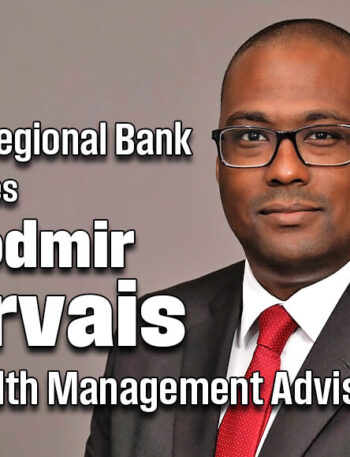- UBS Wealth Management’s Schultz Group Named to Forbes Top Teams List for Second Year
- 10 key stories on AI and wealth management in 2024
- Beacon Pointe Advisors Rounds Out the Year with Robust Growth Driven by Key Acquisitions
- EP Wealth acquires Michigan’s Executive Wealth Management
- With a $5 million net worth — how do I find a bank that best serves high-net-worth clients?
It makes sense economically to your firm. For example, when the client passes away or transfers the money during their lifetime to a trust, you’re able to maintain that relationship with the beneficiary moving forward.
Bạn đang xem: Clients Will Leave RIAs That Don’t Offer This Service
Are RIAs becoming more aware that it would be meaningful to them if they offered trusts?
What has started to occur in the RIA world is that trust companies like Bryn Mawr Trust, National Advisors Trust and a handful of others have said, “Wealth firms, you need to figure out how to solve this issue because most wealth clients would likely benefit from some type of trust planning.”
However, most RIAs probably should not do trust charters and enter into the corporate trustee service. They’re better partnering with one to three trust companies for trust solutions.
Why can’t RIAs just continue to rely on outsourcing trusts to attorneys?
RIAs have become more [nationally focused], and so the attorney down the street doing trusts for them doesn’t work as well because that attorney is going to refer to someone else.
Cutting out that [middle person] is a more efficient way to operate and bring the service inside.
Any other reason that RIA should offer trust services?
In a world where you’re trying to find ways to differentiate yourself — in the client’s view — and show additional value, getting into trust service is a good idea.
And there are peer pressures — not all about fee reduction. It’s “How do I show additional value at the same cost?”
I believe that’s by partnering with trust companies and tax firms. That way, you’re typically able to bring [more] value without having to build out a whole team and [increase] your overhead and cost structure.
So in a world where people want more for less, this is one way: Bring that additional service in-house and pair it with the other value you’re bringing to provide a better client experience.
You’ve said that adding trust services will help clients have an “all-in-one experience.” Why is that so appealing?
The main reasons are convenience and coordination. Most people don’t want to deal with several different financial professionals that aren’t [communicating with] one another.
Xem thêm : Composure At Premium In Volatile Market Start For 2025
They should all be coordinating and communicating. If they aren’t, the client feels that their financial plan is disjointed and the components aren’t aligned.
One of the tenets of the CFP planning philosophy is that the CFP should be the quarterback of the planning team, and put it all together.
What are the wirehouses doing about trust service?
With centralized planning, the large firms have started to pull [everything] inside, including trust service. They have investment management, tax practices, estate planning services [and so on] because today more than ever, clients are looking for one trusted source for all that.
Is there anything else that’s contributed to RIAs being slow to add trust service?
RIAs are younger in the financial services market. Goldman, Fidelity and others have a trust service because they’ve been doing it for a long time and have seen this transition for clients.
But RIAs are generally the first generation of firm owners, and their clients are typically their age. So they’re just reaching the first gen of client turnover in the RIA business world.
Most firms haven’t felt the pain yet of their clients passing away.
Nguồn: https://staredecisis.quest
Danh mục: News





